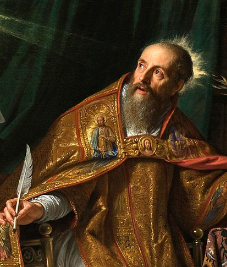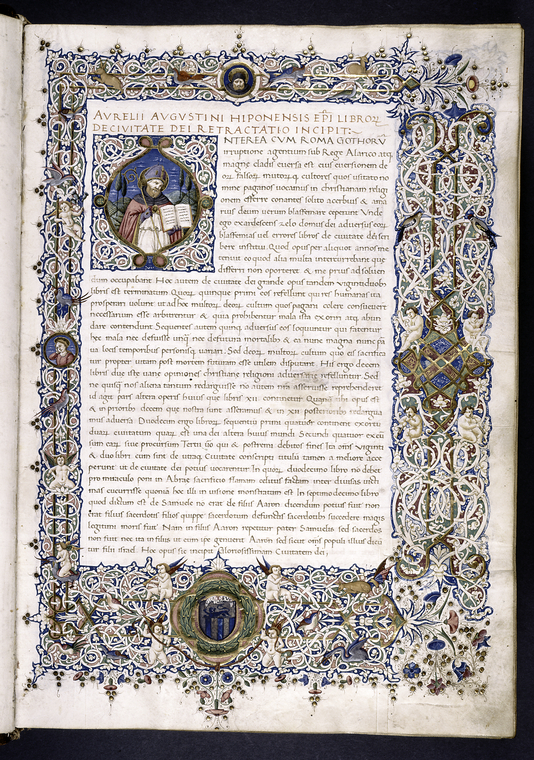Augustine of Hippo
Aurelius Augustinus Hipponensis (3 Nov 354 – 28 Aug 430)

Portrait of Augustine, theologian, philosopher, and bishop of Hippo Regius in Numidia, Roman North Africa.
Lesson Series
Click on a title below to get started.
1. Confessions
2. De Civitate Dei
3. De Magistro
4. De Praedestinatione Sanctorum
Confessions
In this series, Prof. Noe looks at the work of the Bishop of Hippo as he lays out the philosophical and theological autobiography of his journey from unbelief to faith.
Written in 395 or 396 A.D., 10 years after his conversion, Augustine confesses both his sins (without prurience) and his growing faith in God.
Confessions I

Confessions – Manuscript on vellum. Germany, first half 13th century.
Confessions II
De Civitate Dei

The City of God, opening text, manuscript c. 1470
De Magistro
This is one of Augustine’s earliest works written soon after his conversion (386 A.D.) at Cassiciacum, a place of literary retirement.
In dialogue with his son Adeodatus the Christian philosopher explains that all learning is self-teaching, and we must be taught by Christ to gain true knowledge.

The earliest known portrait of Saint Augustine in a 6th-century fresco, Lateran, Rome
De Praedestinatione Sanctorum
Want more quizzes? Please consider supporting us as a Patreon subscriber.
Please consider supporting LatinPerDiem with a monthly Patreon subscription! We have several different tiers of subscription levels to suit every learner – each with fantastic benefits to our Patrons.
Interested in Greek?
The Moss Method for Greek
Dr. David C. Noe also teaches Greek! Through The Moss Method, Dr. Noe provides high-quality, comprehensive Greek instruction readily available in an inexpensive, expertly-presented, and self-paced format.

LatinPerDiem (LPD) is committed to bring high quality, accessible Latin instruction to scholars of all ages around the world.




























